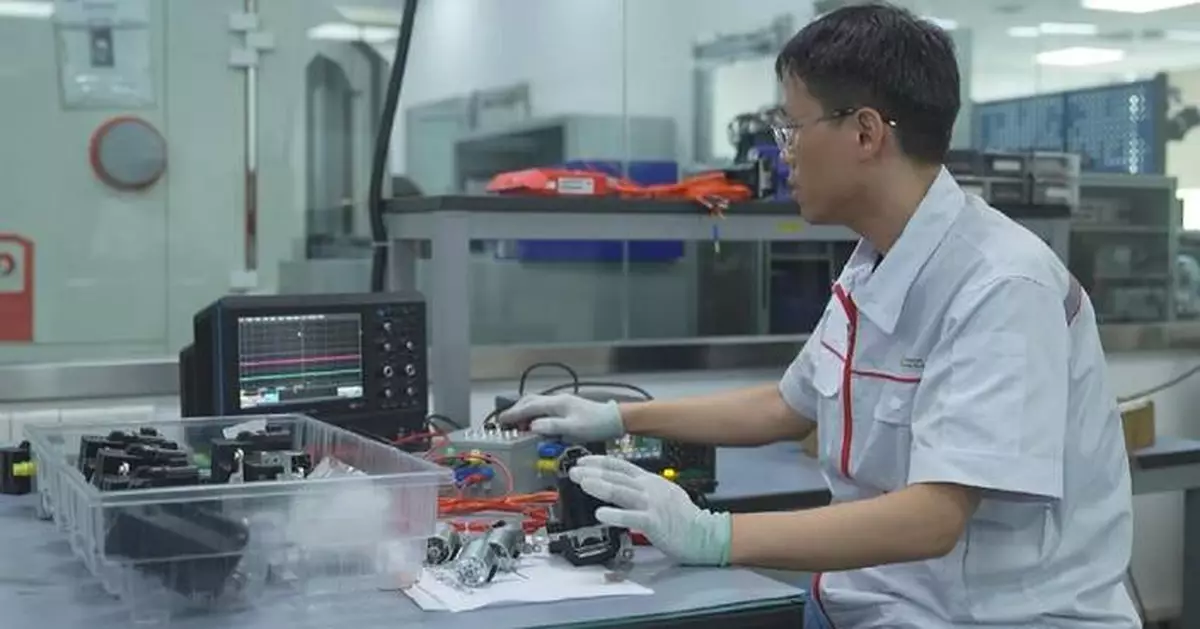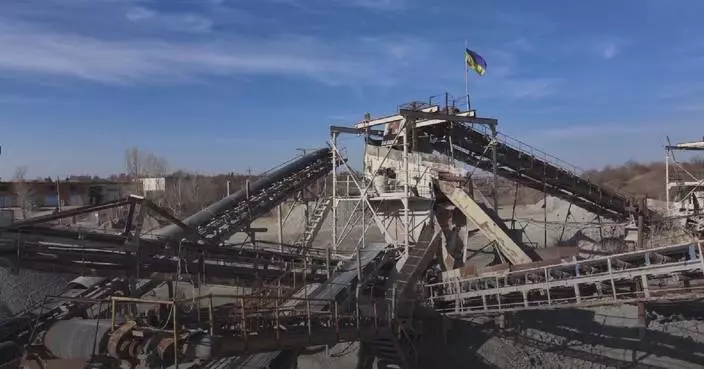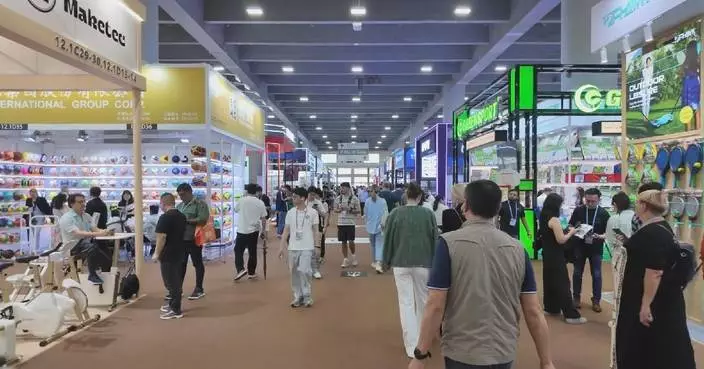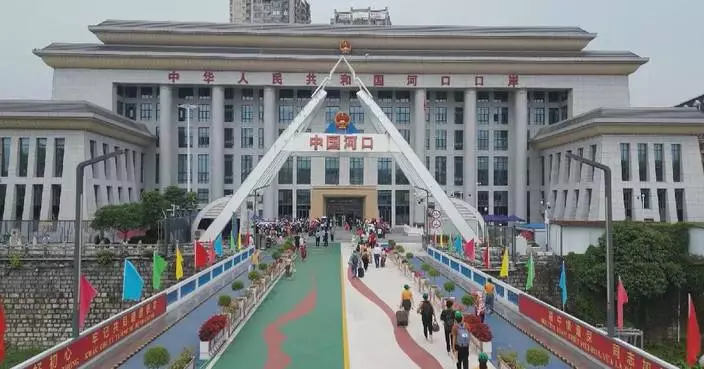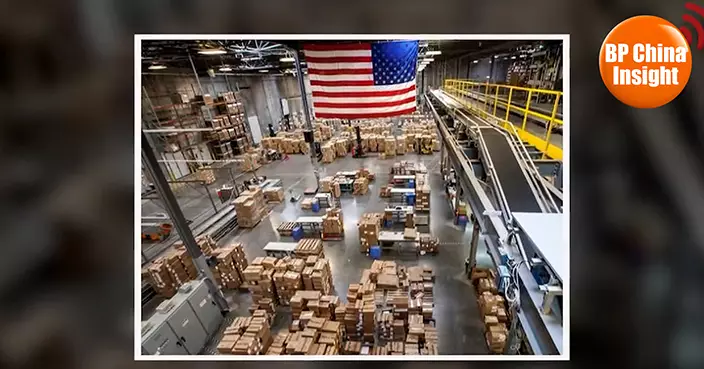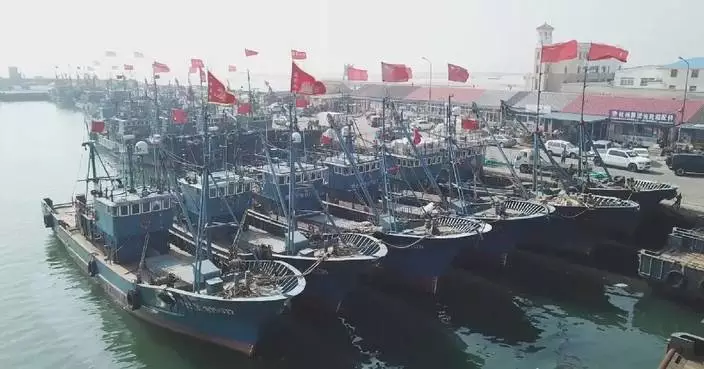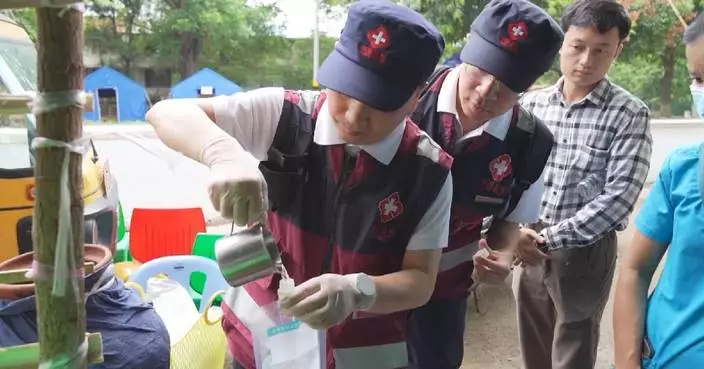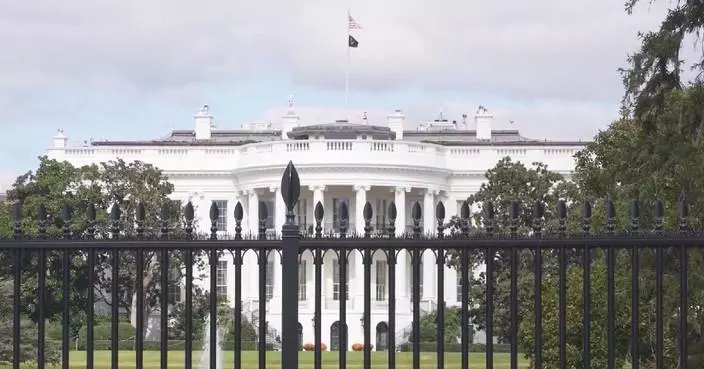Known as China's "auto valley," the Wuhan Economic and Technological Development Zone stands as a hub teeming with over 400 foreign automotive enterprises, a testament to its allure for global industry players.
Among these is the globally renowned automotive accessories company EFI from France, which established its presence in China in 2004, poised to witness the dynamic evolution of the local automotive landscape and seize the burgeoning opportunities it unfurled.
EFI China's CEO, Eric Lemaire, has entrenched himself as a longstanding ally of the nation, immersing early on in automotive endeavors to witness the blossoming of the Chinese automotive realm firsthand.
"So the decision to open EFI China was taken a long time ago by Mr Patrick Toller with the father of the current CEO of the group Beatrice Taller. He came to China, and he saw that China was a market, will [be] booming in the following years," said Lemaire.
In the first few years, EFI China grappled with challenges, particularly stemming from a lack of a robust local supply chain. All components were sourced from Europe. Starting in 2008, EFI China began efforts to develop local suppliers. By 2015, a significant shift was observed, with almost all components being locally procured.
"In the beginning, we had to purchase every bolt and every seal from Europe. Now, our core components, including precision-engineered metal parts, can be exported to Europe," said Wu Zhihong, senior procurement manager at EFI Automotive Accessories Systems (Wuhan) Co., Ltd.
Amidst the surging transformation and upgrading of China's automotive industry, the development pace of new energy and intelligent connected vehicles has also accelerated. Grasping the opportunity, EFI China established its own realm of research and development.
"Now in China, we have to do the full R and D and to not depend anymore on the location in the headquarters in France. Why? Because China is quick. You have to insert quickly. You have to be next to the customer, but also to insert quickly. So this is why I decided to push forward. And now we have the full R and D located here and we're able to do everything and to have the main contact with the customer," said Lemaire.
With China reigning as the global epicenter for new energy vehicles, EFI China's prowess in supply chain dynamics and tech innovations has vaulted to the forefront. A pivotal moment arrived in 2021 as an actuator product for new energy vehicles, a brainchild of EFI China, notched a milestone of 500,000 units in global sales.
Lamaire said China's new energy vehicle ecosystem is different from that in Europe and the products are more advanced.
"The speed is very different. In China you can take a very quick decision and also the process to define a new vehicle, and the time to define a new vehicle is very short compared to Europe. We need to put new innovation and we can see it. I don't know if you went to the auto show last year, you can see there is a big difference between the Chinese vehicle and the European vehicle. It's more in advance," said Lemaire.
To cater to the escalating appetite for bespoke automotive solutions, EFI Wuhan has transcended conventional production norms, pioneering a modular production approach that has since been adopted Group-wide.
"The modular approach pioneered by EFI Wuhan, from China's market. Now the whole EFI Group adopts this approach. Their modular approach plan is developed in China, and then exported to Turkish and French market, said Zou You, operation manager at EFI Automotive Accessories Systems (Wuhan) Co., Ltd.
The expansive market canvas, nimble response mechanisms, and resilient industrial chains in China continue to propel EFI Wuhan's stature skyward. Lemaire, fueled by ambition, envisions EFI Wuhan not just as a group frontrunner but a global trailblazer.
"Today in China, here in EFI China, we are capable to do the full development. So we are making the full R and D and we are making the manufacturing. So it was one of the main decisions to have EFI China totally autonomous and to provide solution for all the location of the group," said Lemaire.
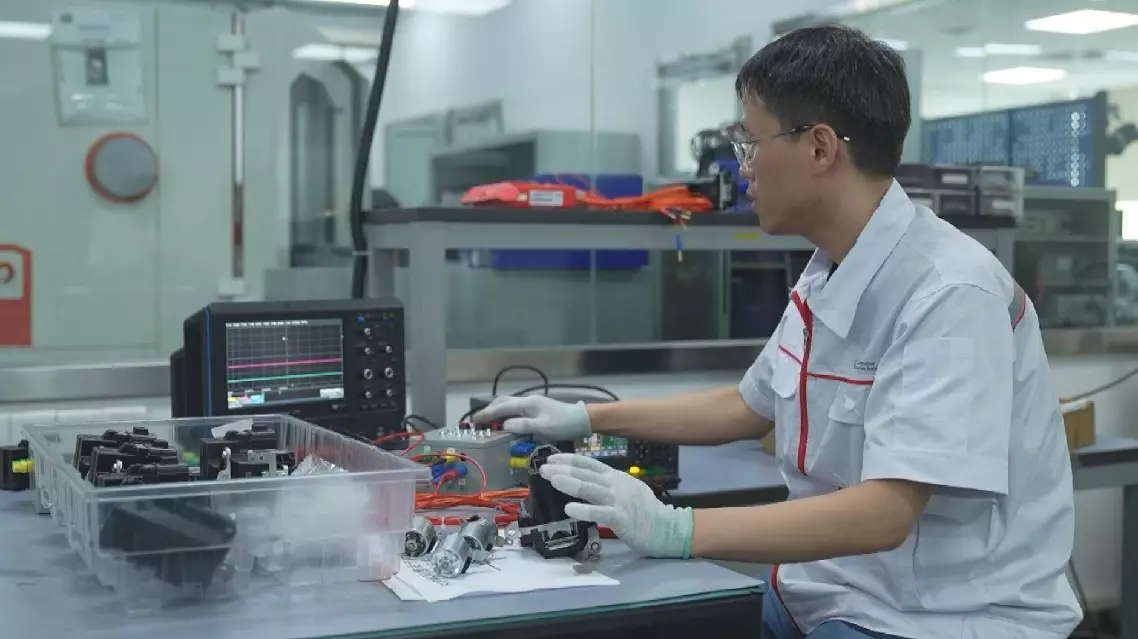
French auto-parts company leverages local innovation and supply chains to lead in new EV market


